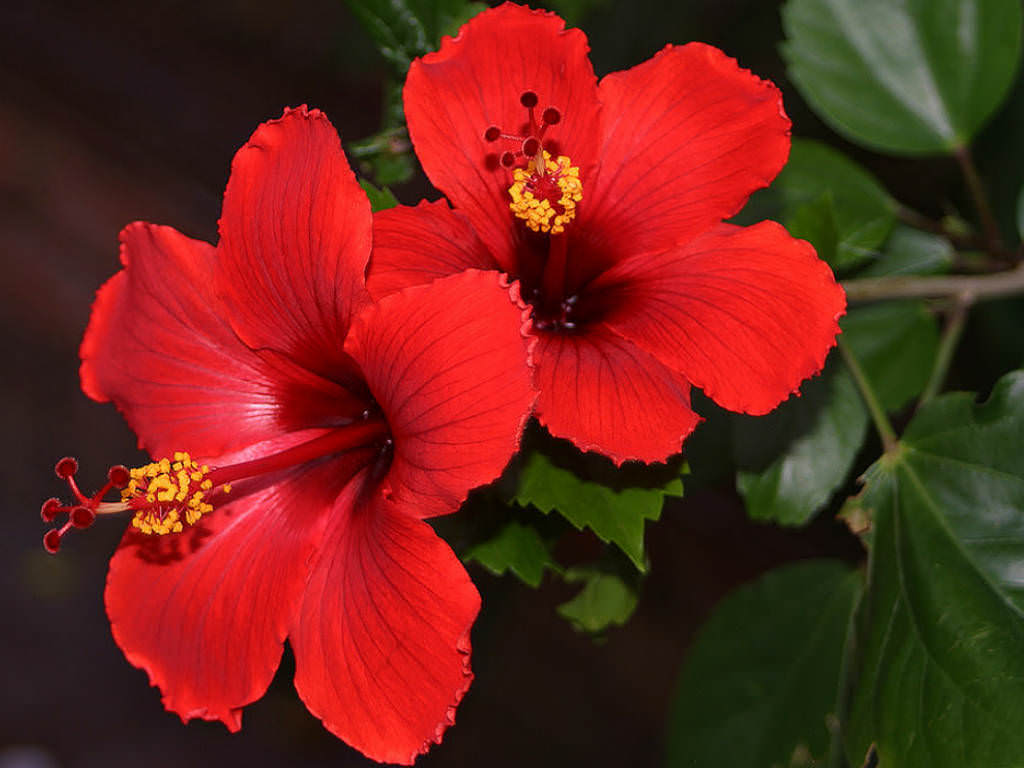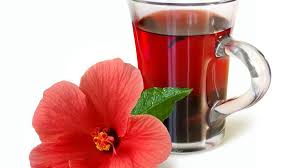There's more to the beautiful bright red hibiscus flower than meets the eye. Originating from Africa, this vibrant plant is a powerhouse of healing properties for both skin and hair. Whether applied topically, consumed in water, or enjoyed as a refreshing tea, hibiscus offers numerous benefits. Discover the remarkable advantages of hibiscus and learn how to incorporate it into your daily routine for optimal health and beauty.
Skin Benefits of Hibiscus

A Natural Exfoliant
Hibiscus is a natural source of AHAs (alpha hydroxy acids), which are renowned for their ability to enhance skin clarity and reduce hyperpigmentation. When applied topically, AHAs help remove dead skin cells and stimulate cell turnover, giving the skin a more youthful and radiant appearance.
Accelerates Wound Healing
Hibiscus flower accelerates wound healing by increasing the production of fibronectin, a protein essential for hydration, elasticity, and regeneration of the skin. Its high vitamin C content aids in collagen production by facilitating the interaction of amino acids within cells, thereby promoting skin, bone, hair, and joint health.
Rich in Antioxidants and Vitamins
Hibiscus is packed with antioxidants and vitamins A, C, B1, and E, which help protect the skin from premature aging and infection. These nutrients play a crucial role in maintaining skin hydration, promoting collagen production, and enhancing overall skin health.
Health Benefits of Hibiscus
Diuretic Properties
Hibiscus possesses diuretic properties, helping eliminate accumulated liquids in the body, reducing cellulite, and strengthening the skin. It supports detoxification and can contribute to a slimmer appearance by diminishing water retention.
Nutrient-Rich Composition
Hibiscus flower is rich in iron and calcium, essential minerals for health, particularly during childhood, adolescence, and reproductive age. It is also a great source of fiber, which enhances digestive and cardiovascular health. Regular consumption of hibiscus can lower cholesterol and blood sugar levels, contributing to overall well-being.
Benefits for Diabetes
Hibiscus has hypoglycemic effects, meaning it can help lower blood glucose levels. Additionally, its antipyretic properties make it effective in reducing fever, providing a natural remedy for various health conditions.
How to Incorporate Hibiscus into Your Diet?

Culinary Uses
- Roasted Hibiscus Flowers: Cook roasted hibiscus flowers with onion and a splash of vinegar. Use them in tacos, salads, or as toppings for tostadas.
- Hibiscus Water: Drink hibiscus-infused water with meals daily. This refreshing beverage can replace harmful soft drinks and other sugary beverages, promoting better health.